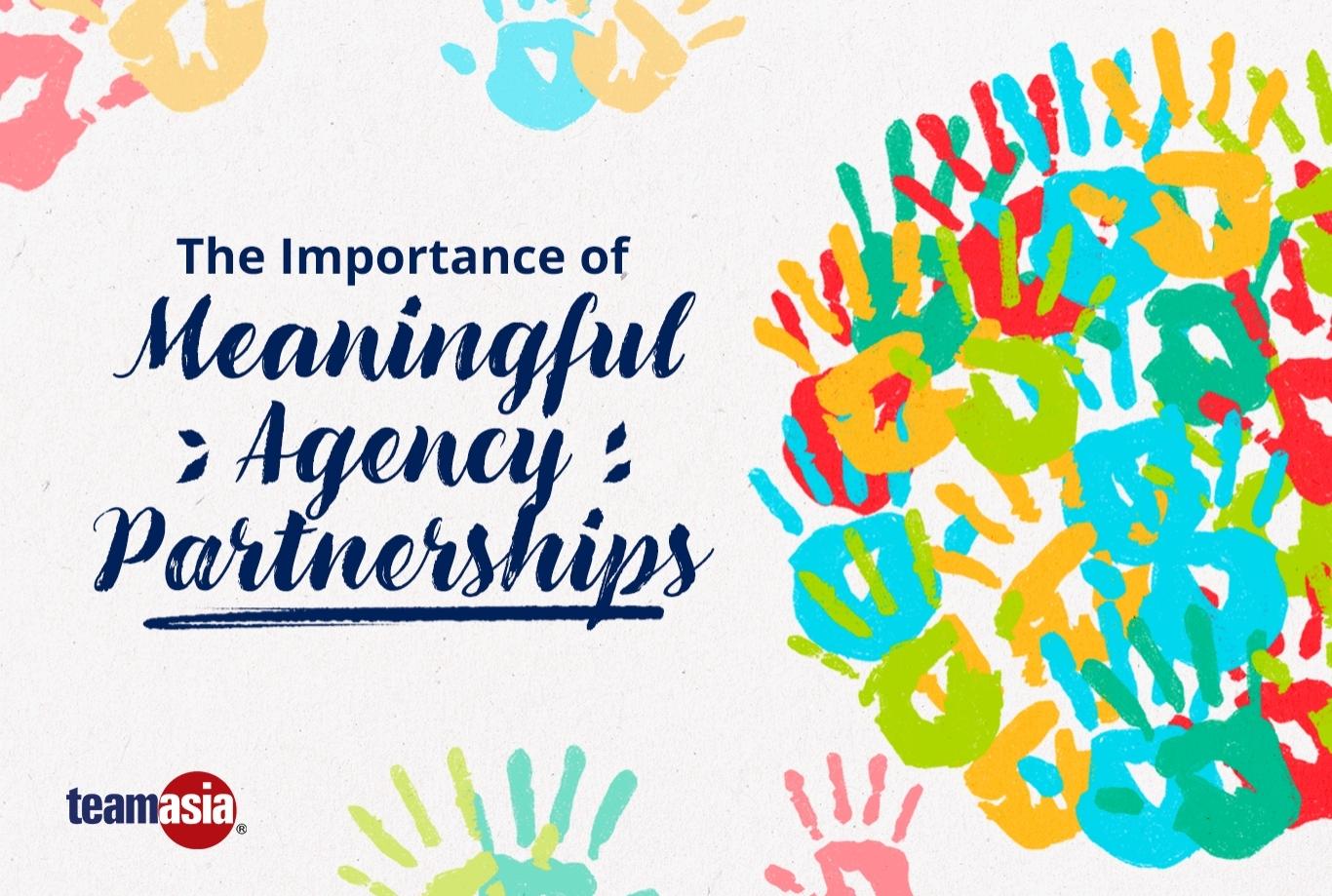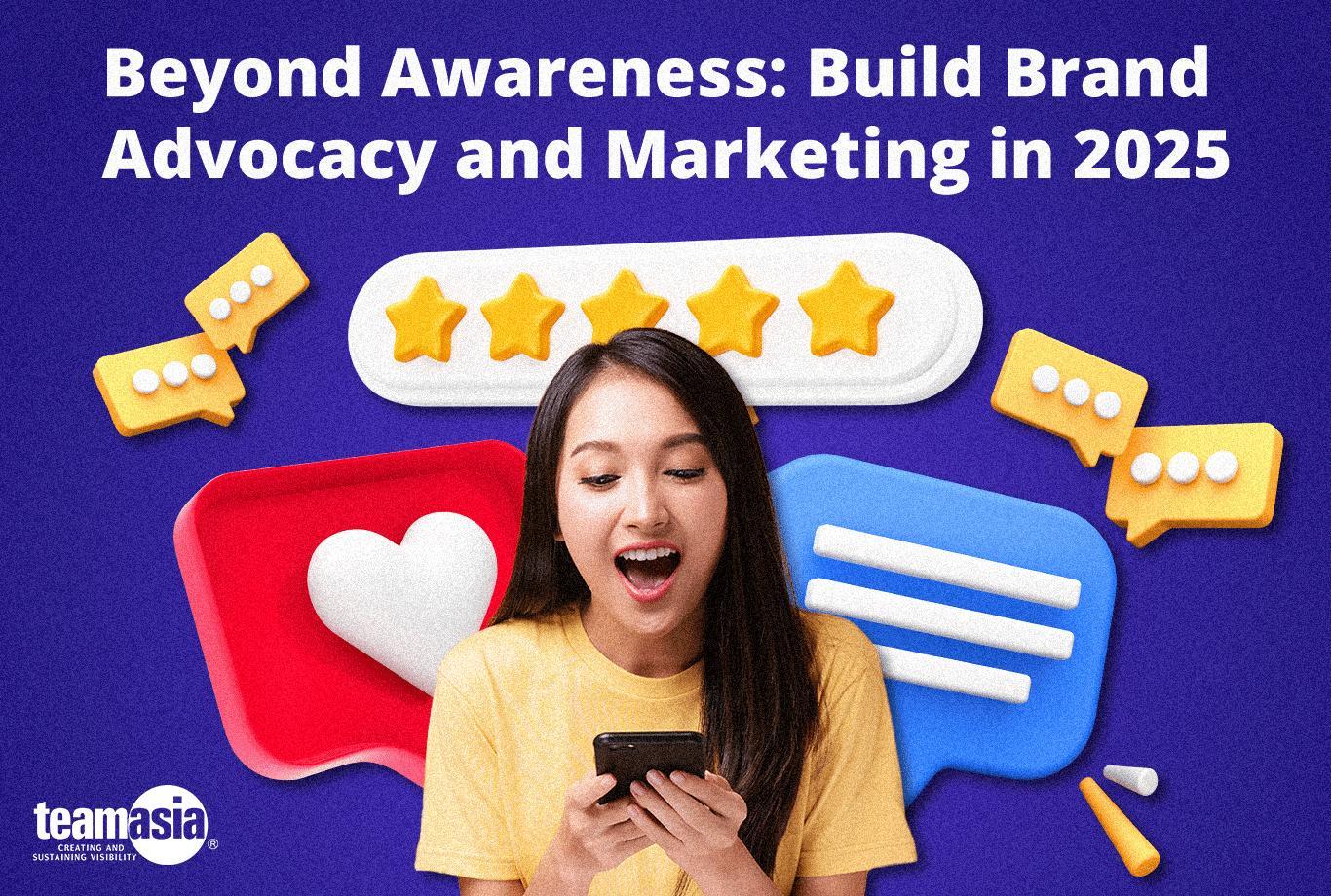BOI urges firms to integrate inclusive business in CSR
MANILA, Philippines — The Board of Investments (BOI) is urging enterprises to scale up their corporate social responsibility (CSR) programs and adopt inclusive business (IB) models to take advantage of incentives under the country’s investment promotions blueprint, the Investment Priorities Plan (IPP).
“CSR has been a traditional response by the private sector to the plight of the poor. By switching from CSR to IB, entrepreneurs can help the poor in a way that generates both business growth and creates social impact,” Trade Undersecretary and BOI managing head Ceferino Rodolfo said.
CSR programs tend to be an add-on activity without the intent of generating profit, while IB models enable companies to have a sustainable way of helping communities by integrating them in operations as suppliers and business partners and providing them stable sources of livelihood.
“The Philippines’ economy has seen strong and steady growth over the past years, but there are around 22 million Filipinos who continue to live in poverty. There is a great opportunity for businesses to tap into this market by addressing their needs or providing livelihood opportunities for them,” Rodolfo said.
Citing the results of Business+, a joint study with the United Nations Development Program’s Istanbul International Center for Private Sector in Development, the BOI said companies could create IB models regardless of their size.
Micro, small and medium enterprises, which account for 99.57 percent of Philippine establishments, have the greater flexibility to adopt IB models, while large companies have the advantage of creating a wider impact when they use the IB model in their operations.
As creating an IB model would mean integrating poor communities in the value chains, it is necessary for trainings and seminars to be provided to develop skills of small-scale suppliers and ensure high quality of supply.
To develop the skills of the communities, Business+ recommends increased collaboration between the academe, development actors, non-government institutions, and government agencies.
In addition, Business+ recommends implementation of policies to encourage companies to adopt IB models.
Under the IPP, medium and large enterprises in tourism and agribusiness implementing their own IB models can enjoy incentives such as income tax holidays for five years.
While only those engaged in the tourism and agribusiness sectors can enjoy the incentives, the BOI said there are replicable models in other industries such as health, finance, and energy.
The BOI is also reminding the private sector it is ready to help companies who want to create their own IB models.
“To create IB models, businesses need a certain level of expertise and experience. Making the transition from CSR to IB is an opportunity for the companies to engage in multi-sectoral collaboration as they try to meet the requisite knowledge and capability,” Rodolfo said.
“We look forward to seeing more partnerships with the business community as we all work together to create an equitable economy where Filipinos can enjoy shared prosperity,” he added.
Earlier, the BOI approved the application of Ayala Land Inc.’s Seda Lio Resort in Palawan as the first IB model project under the IPP.
Source: Philippine Star





